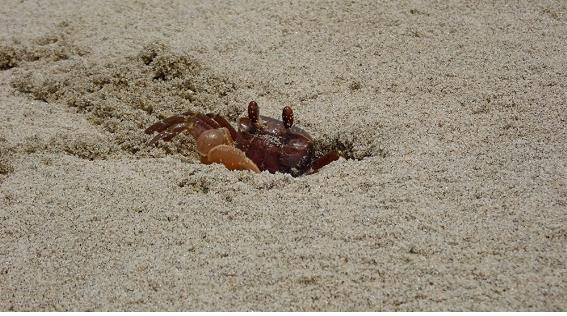 viewer
viewer
Due to climate change, the number of marine organisms appearing in the waters of Korea was confirmed to be 7,919, a 64% increase from the previous survey (2006~2014). In particular, the number of turbulent fish has increased by about 18% in the last 6 years.
On the 28th, the Ministry of Oceans and Fisheries announced the main results of the 2015-2020 comprehensive survey of the national marine ecosystem and made such announcements. The comprehensive marine ecosystem survey is divided into two regions, and surveys are conducted on the West Sea and the South Sea in odd-numbered seas, and the East Sea, South Sea and East and Jeju in even-numbered seas.
Due to climate change, the number and distribution of mixed tropical and temperate seaweeds (red algae) in all of Korea, except for the western part of the South Sea, was investigated. In addition, of the fish (a total of 112 species) that appear in the warmer waters of the warm Cannabis, the number of warm-flowing fish is 77 species, accounting for about 70%. This is an increase of about 18% from 52% in 2015. Due to climate change, conch, a marine creature living on the bottom of the sea, has expanded its habitat from the south coast to 37 degrees north latitude (near Uljin), and the daggers living on the east coast have expanded its habitat about 80 km north (Pohang Buk-gu → Gyeongbuk Uljin).
In this comprehensive marine ecosystem survey, the largest habitat in Korea (Changwon, Gyeongnam, about 3,700㎡, about 110,000 individuals) was found of the rare species in the world. In addition, it was confirmed that a large number of Yellow-billed Egrets, an endangered species designated by the World Conservation Union for Nature Conservation (IUCN), inhabit the tidal flats of the west and south seas.
In this survey, the results of discovering indicator species that can judge the health and diversity of Korea’s marine ecosystem were also achieved. Each was selected as an indicator species.
“We will continue to conduct comprehensive surveys to maintain a healthy marine ecosystem, accurately diagnose the status of the marine ecosystem, and systematically preserve and manage the marine ecosystem,” said Lee Jae-young, head of the Marine Ecology Division of the Ministry of Oceans and Fisheries.
/ Reporter Jo Ji-won [email protected]
< 저작권자 ⓒ 서울경제, 무단 전재 및 재배포 금지 >
